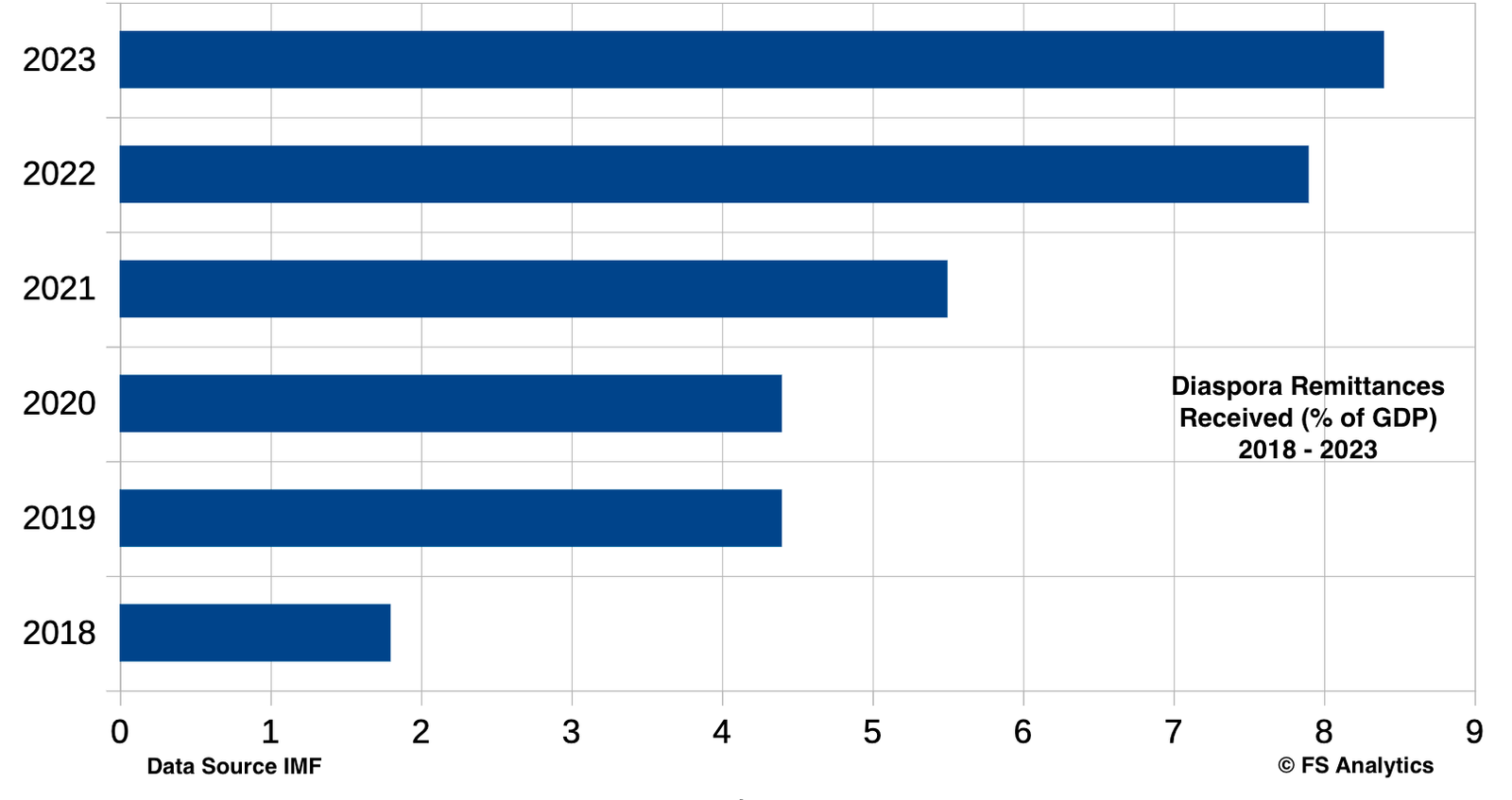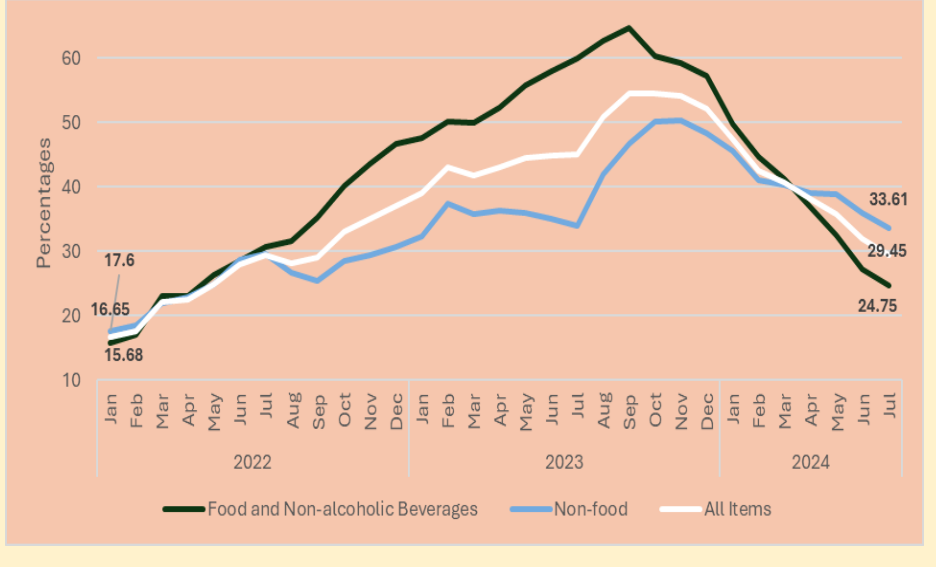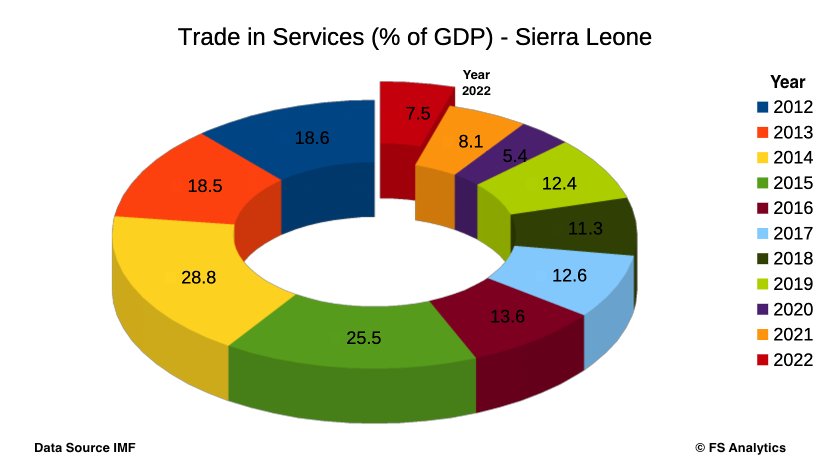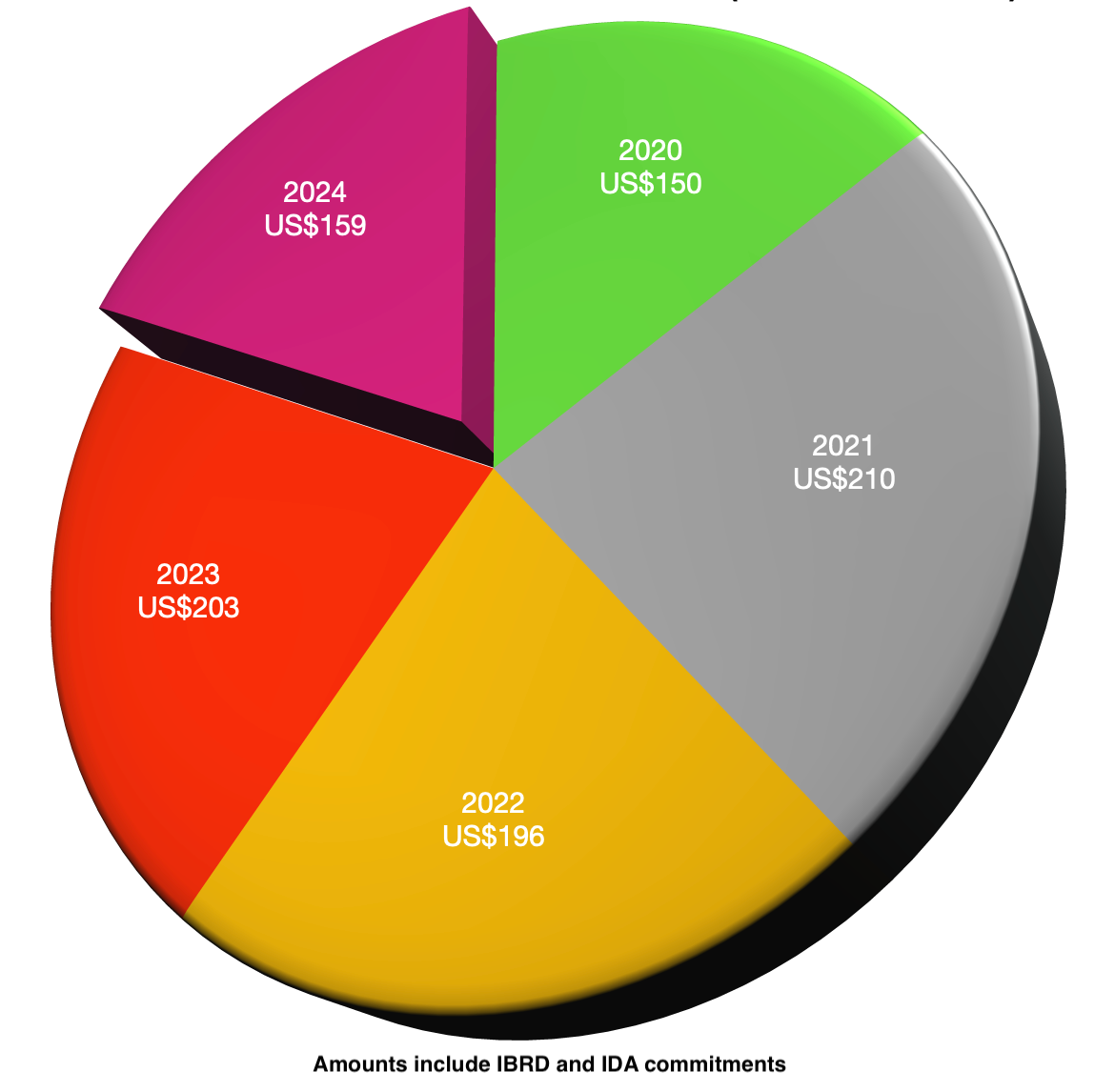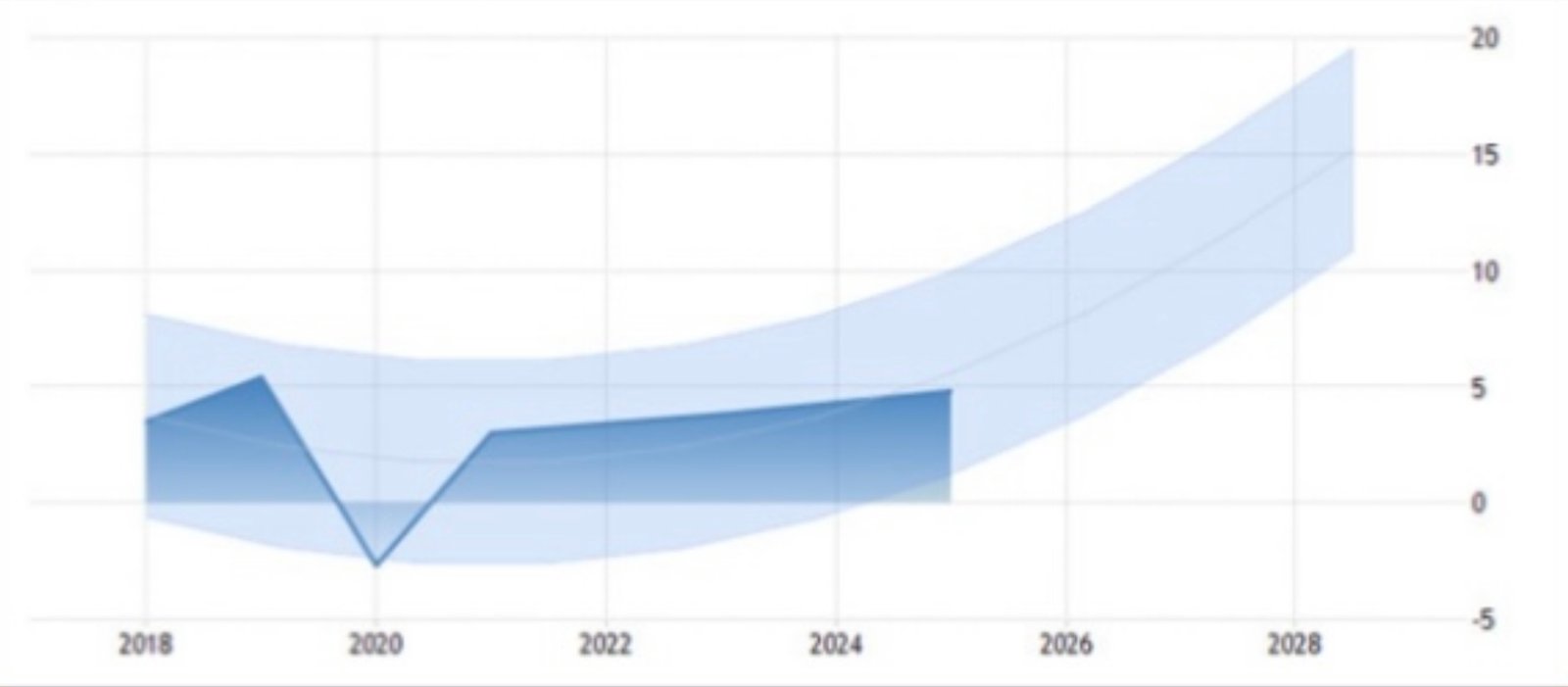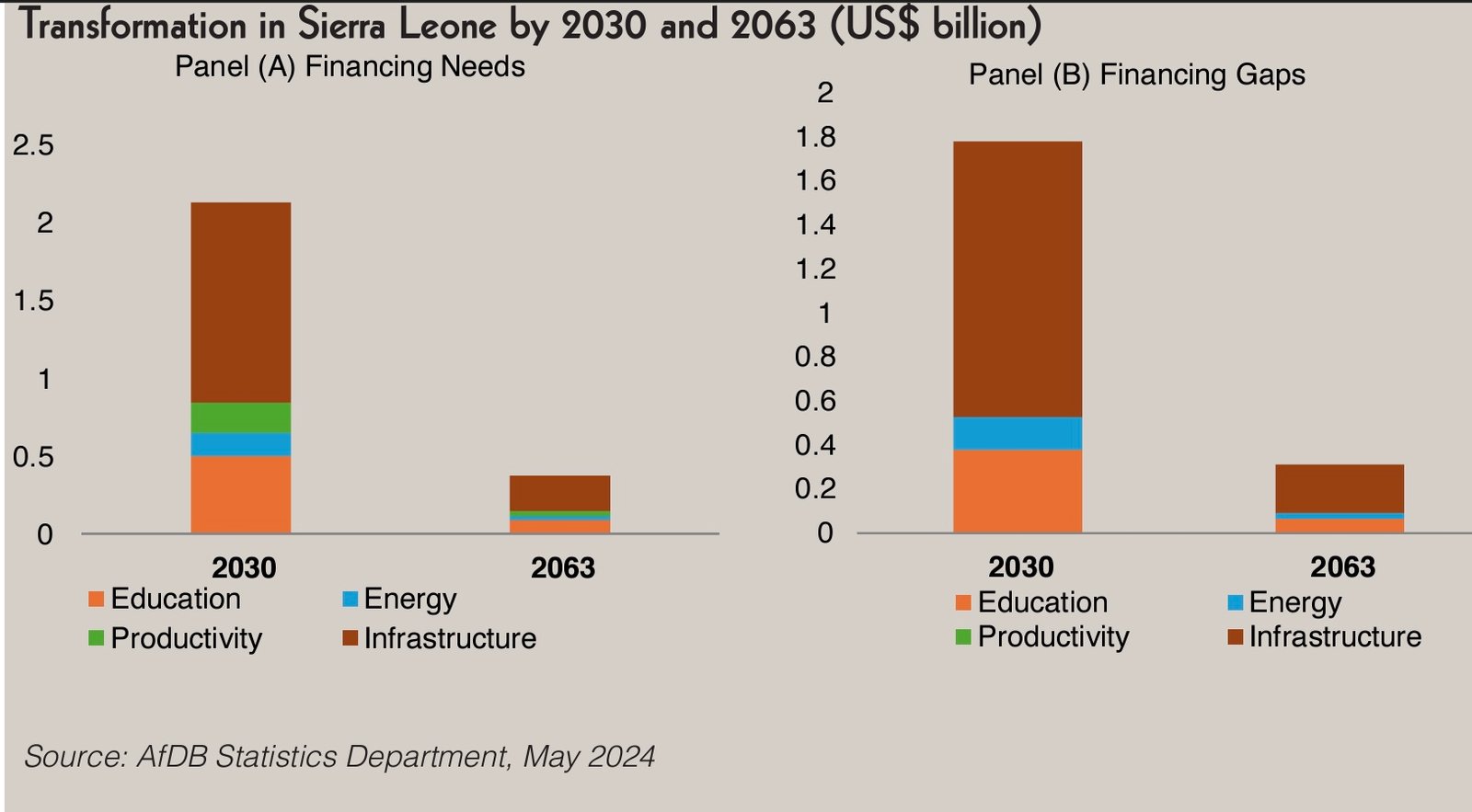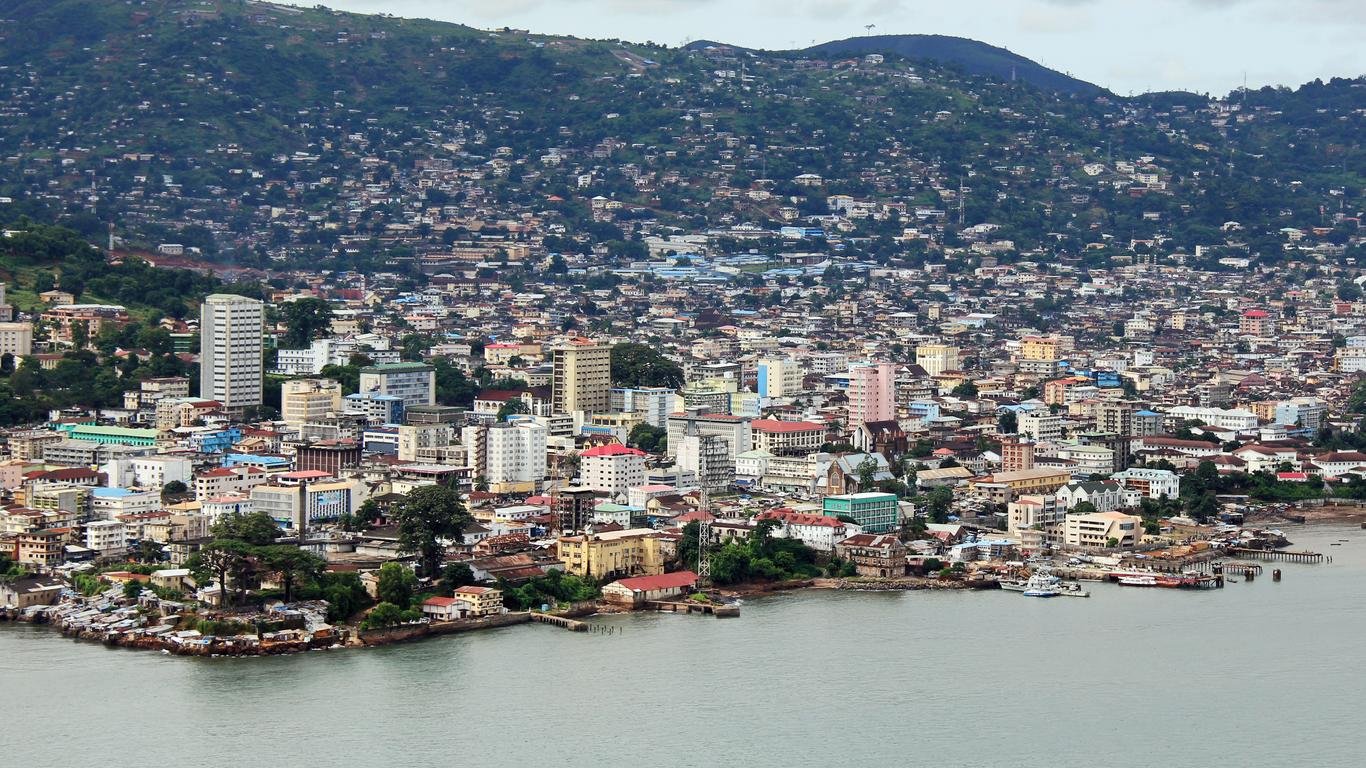S/Leone Scoops $1.5m in Tech Grant
 3D Pie Chart of Global Environment Facility (GEF) Trust Fund
3D Pie Chart of Global Environment Facility (GEF) Trust Fund
Sierra Leone has secured a total of 1.5 million dollars in grant to scale up investment in the technology sector of the economy. Capacity strengthening and technical assistance for the implementation of Stockholm and Minamata Conventions in African Least Developed Countries (AFLDC-2), has a total budget of $21.3 million out of which it has allocated $1.5 million specifically to Sierra Leone.
The grant being disbursed under the aegis of the Global Environment Facility (GEF) Trust Fund is designated for 11 African countries under the Multinational Scaling-Up Investment and Technology Transfer to facilitate capacity strengthening and technical assistance for the implementation of Stockholm and Minamata Conventions in African Least Developed Countries (AFLDC-2).
This financial influx presents myriad prospects for economic and environmental advancement, with the potential for robust change that could reinvigorate the nation’s development trajectory. With Gambia, Guinea, Liberia, Mauritania, Senegal, Togo, Uganda and Zambia amongst the recipient countries, these African Least Developed Countries (LDCs) face significant challenges regarding the management of chemicals and waste, which has dire implications for their health, environment, and socioeconomic development.
Institutional and implementation arrangements will be lead by the Ministry of Agriculture and Food Security and Environmental Protection Agency (EPA – SL), responsible for the day-to-day enforcement of the project as executing partners, because of their statutory mandate for management of chemicals and waste.
The AFLDC-2 project aims to enhance the capacity of African LDCs to implement international conventions focused on environmental protection. Specifically, the Stockholm Convention addresses hazardous chemicals and persistent organic pollutants (POPs), while the Minamata Convention targets mercury and its impacts. This initiative is crucial for the country, which face considerable environmental challenges, as it could facilitate improved regulation, technology transfer, and pollution management strategies. Allocations include:
- Angola: USD 1,749,104
- Ethiopia: USD 3,822,759
- Gambia: USD 1,485,213
- Guinea: USD 1,598,464
- Liberia: USD 1,972,954
- Mauritania: USD 1,900,403
- Senegal: USD 1,113,174
- Sierra Leone: USD 1,547,574 Togo: USD 3,134,241
The funds are intended to catalyze policy reforms, improve legislative frameworks, and institutional arrangements essential for promoting best practices in managing toxic chemicals and hazardous waste.
As the country wrestles with severe environmental shocks, including mercury pollution from informal mining activities and other hazardous chemical exposures. The $1.5 million grant fund initiatives to promote safer practices in mining and agriculture, contributing to healthier ecosystems and communities. Improved environmental health can lead to better public health outcomes and decrease healthcare costs in the long term.
This means access to training, knowledge sharing, and technical assistance to better regulate hazardous substances. Strengthening these institutions is critical for the country to implement sound environmental governance, which has historically been a challenge in the region. One of the critical components of the AFLDC-2 initiative is technology transfer, the country stands to benefit significantly from new technologies and practices that reduce environmental harm. This encompasses cleaner production techniques, safer waste management practices, and the development of cleaner energy solutions, such as solar energy alternatives.
By enhancing institutional capacities, promoting environmentally sustainable practices, and fostering community engagement, the country can leverage this funding to foster economic and environmental rebound.
22-12-2024

